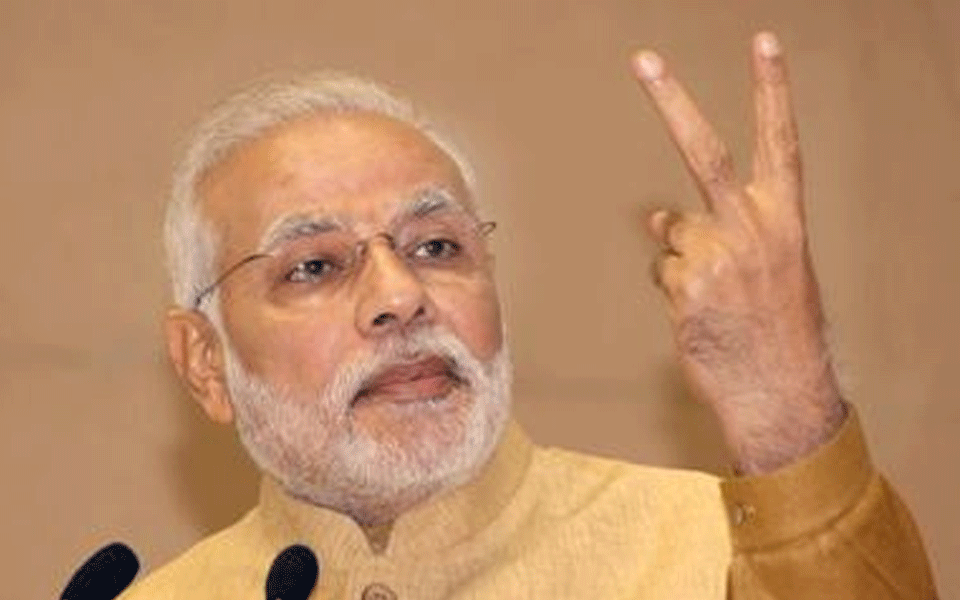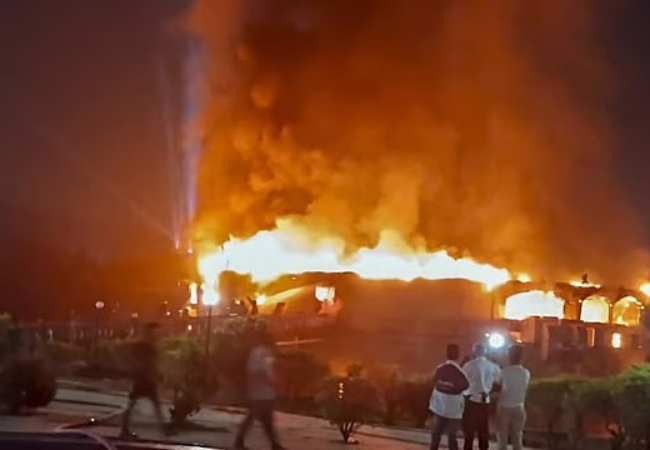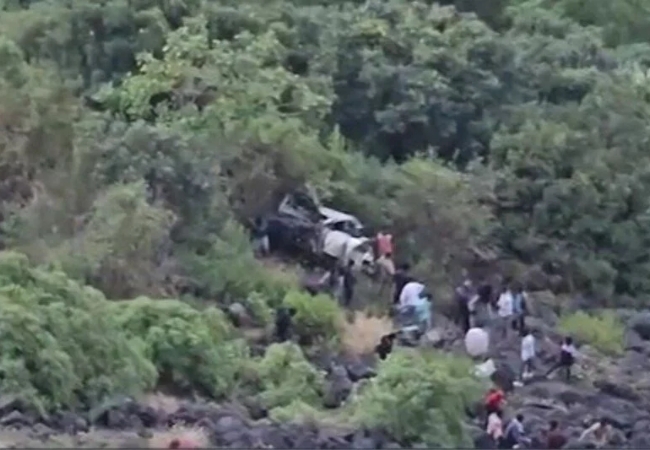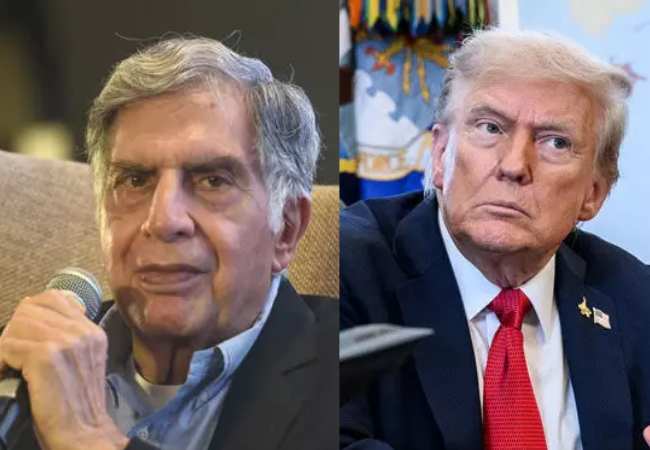New Delhi, May 28: Prime Minister Narendra Modi on Monday interacted with Ujjwala beneficiaries across the country through video-conferencing and said the scheme has become a symbol of progress.
Three Ujjwala beneficiaries were present at each of the over 600 centres across the country for this interaction.
Besides, an estimated 10 lakh people viewed the interaction through various platforms including Narendra Modi app, television channels and social media platforms, a government statement said.
Expressing happiness at being able to interact with the beneficiaries and share their experiences through technology, Modi said the scheme was driving remarkable social transformation and in turn influencing a holistic development of the country.
According to the government, approximately four crore women in rural areas have received LPG connections so far through the Ujjwala Yojana.
"In all, nearly 10 crore new LPG connections have been issued in the four years since 2014 as compared to 13 crore in the nearly six decade period from 1955 to 2014.
"Now, 69 per cent villages have 100 per cent LPG penetration, while 81 per cent villages have more than 75 per cent LPG penetration," the government said.
During the interaction, the Prime Minister pointed out that Ujjwala had brought about benefits through better health outcomes, freedom from poisonous smoke and cleaner fuel.
"Women now have a greater opportunity to earn extra income as time spent on cooking has got reduced," he said.
The Prime Minister emphasized that the government had been trying to ensure that there were no middlemen involved in this scheme and the beneficiaries were chosen through a transparent process.
Let the Truth be known. If you read VB and like VB, please be a VB Supporter and Help us deliver the Truth to one and all.
Panaji (PTI) Three senior officials of the Goa government, including the then Director of Panchayat, were suspended on Sunday in connection with the nightclub fire tragedy for their role in allowing the facility to start operations in 2023, a senior officer said.
A massive fire tore through the nightclub in the early hours of Sunday, claiming 25 lives, including five tourists and 20 staff members.
The suspended officials include Siddhi Tushar Harlankar, who was then Director of Panchayat, Dr Shamila Monteiro, who was then Member Secretary of the Goa State Pollution Control Board, and Raghuvir Bagkar, then Secretary of Village Panchayat Arpora-Nagoa.
They are held responsible for giving permission to 'Birch by Romeo Lane' nightclub at Arpora to start its operations in 2023, a senior officer said.
Police questioned Roshan Redkar, the sarpanch of Arpora-Nagoa Panchayat, who had issued a trade licence to the club.





